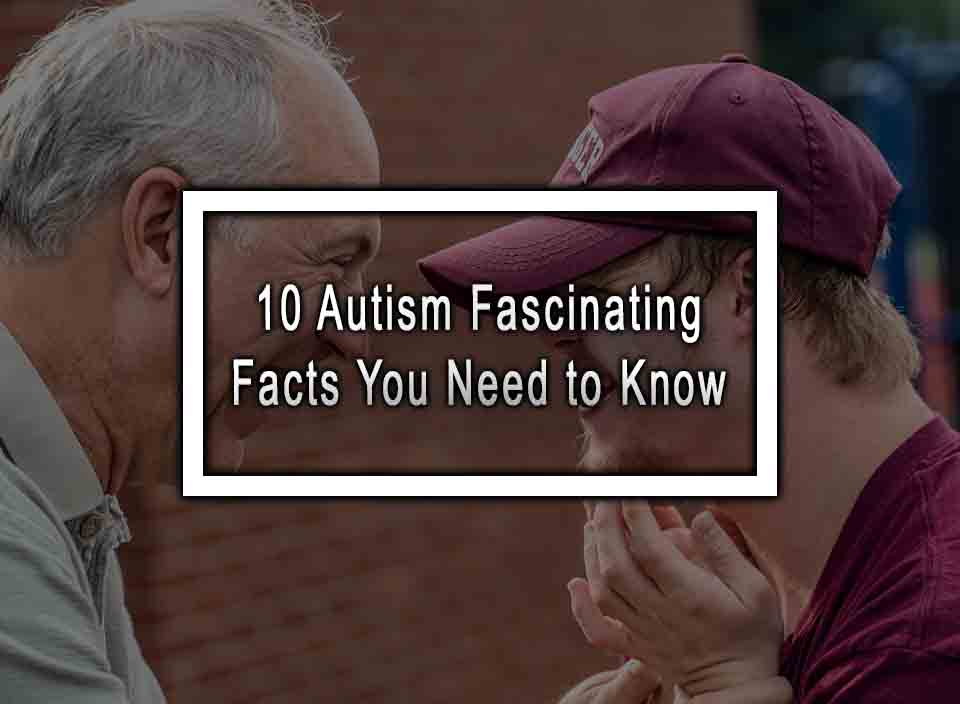Table of Contents
ToggleUnraveling the Enigma: Exploring the Wonders of Autism
Autism, a complex neurological disorder, has long intrigued scientists, educators, and parents alike. As our understanding of autism spectrum disorder (ASD) continues to grow, so does the need to raise awareness and dispel common misconceptions. In this engaging article, we delve into the fascinating world of autism, shedding light on the unique characteristics, challenges, and extraordinary abilities of individuals on the spectrum.
1. The Spectrum of Autism: Broadening Perspectives
Autism isn’t a one-size-fits-all condition. It encompasses a wide range of abilities and challenges, creating a spectrum that includes individuals with different levels of functioning and unique traits. Let’s explore the key characteristics that define the autism spectrum.
2. Early Signs Matter: Detecting Autism in Infancy
Identifying early signs of autism is crucial in order to provide timely support and intervention. From social communication difficulties to repetitive behaviors, learn about the red flags that may indicate the presence of autism in infants and toddlers.
3. Superpowers Within: Unleashing Special Talents
Contrary to popular belief, autism brings forth exceptional talents and skills. Many individuals on the spectrum possess extraordinary abilities in areas such as art, music, mathematics, and more. Discover some of the incredible talents that autism can often nurture.
4. Sensory Sensitivities: Diving into a Different Perception
Individuals with autism often experience sensory sensitivities, where certain sounds, textures, or smells can become overwhelming. We explore how sensory issues manifest in people with autism and provide insights on creating sensory-friendly environments.
5. The Social Puzzle: Communication Challenges
Social communication presents unique hurdles for individuals on the autism spectrum. Explore the difficulties faced in understanding non-verbal cues, maintaining eye contact, and engaging in reciprocal conversations, as well as strategies to enhance social interactions.
6. Unlocking the Mind: Enhancing Cognitive Skills
While autism can present cognitive challenges, there are numerous evidence-based practices to enhance thinking and learning abilities. Discover innovative educational approaches and therapies that promote cognitive growth and harness potential in individuals with autism.
7. Breaking Stereotypes: Gender Differences in Autism
Autism is often stereotypically associated with males, yet recent research highlights the distinct ways in which autism may manifest in females. Delve into the gender differences in autism prevalence, diagnostic biases, and the unique challenges faced by autistic girls and women.
8. Navigating Transitions: Support for Adolescents and Adults
Transitioning to adulthood can be particularly challenging for individuals with autism. Explore the hurdles faced during adolescence and adulthood, and learn about support programs and resources that assist individuals on the spectrum in leading fulfilling and independent lives.
9. Inclusion Matters: Building Autism-Friendly Communities
Creating inclusive environments that embrace individuals with autism is essential. Discover inspiring initiatives that promote acceptance, understanding, and inclusion, ensuring that people with autism can thrive within their communities.
10. Future Frontiers: Advances in Autism Research
Exciting advancements in autism research showcase the potential for groundbreaking discoveries and improved understanding of the disorder. Learn about the latest studies, therapies, and technologies that hold promise for enriching the lives of individuals with autism in the future.
Conclusion
Our journey through these ten intriguing facts about autism allows us to acknowledge the remarkable abilities, unique perspectives and challenges individuals on the spectrum experience. By increasing awareness, fostering understanding, and embracing neurodiversity, we can create a world that values and empowers the incredible talents within every individual, regardless of their place on the autism spectrum.
Autism Spectrum Disorder FAQ
Here are the most common questions about autism spectrum disorder.
1. What are the signs and symptoms of ASD?
Common signs and symptoms of ASD can include difficulties with social interaction, repetitive behaviors, limited interests, delayed speech or language skills, sensory sensitivities, and difficulties with changes in routine.
2. When is ASD usually diagnosed?
ASD can be diagnosed as early as two years old, although some children may not be diagnosed until later in childhood or even adulthood. It is important to seek early intervention if you suspect your child may have ASD.
3. What causes ASD?
The exact cause of ASD is unknown, but it is believed to involve a combination of genetic and environmental factors. Certain genes may make a person more susceptible to developing ASD, and environmental factors during pregnancy or early childhood may also play a role.
4. Can people with ASD lead independent lives?
Many individuals with ASD can lead independent lives with appropriate support and accommodations. However, the level of independence will vary depending on the severity of the disorder and individual abilities.
5. Is ASD more common in boys than girls?
Yes, ASD is more common in boys. However, recent research suggests that girls may be underdiagnosed due to differences in how they present their symptoms.












